New Delhi/Islamabad – May 2025 : Tensions between South Asian neighbors India and Pakistan have escalated in recent days, exacerbated by a wave of misinformation, AI-generated content, and the viral spread of inauthentic video footage across social media platforms.
Amid heightened rhetoric and conflicting military claims, several Indian media outlets reported that the Indian Navy carried out a strike on Karachi, Pakistan’s largest port city. However, this claim was strongly refuted by Pakistani journalist Zahid Gishkori, work at The Washington Post, who confirmed that no such attack took place. Gishkori also identified several videos shared by Indian media outlets—purporting to show Pakistani attacks in Indian occupied Jammu and Kashmir—as AI-generated fabrications.
Indian media further reported that Pakistan had launched missile and drone strikes on military installations in Jammu, Pathankot, and Udhampur, and that Indian forces intercepted an incoming drone targeting an airport. Pakistani journalists have categorically denied these claims, stating that no such military operations were conducted by Pakistan in the region.
One of the most alarming falsehoods came from Zee News, one of India’s largest media networks, which falsely reported that Pakistan’s capital, Islamabad, had already been “captured” by Indian forces. The claim, entirely baseless and without any corroborating evidence, sparked confusion and outrage on social media before being discredited by independent journalists and observers.
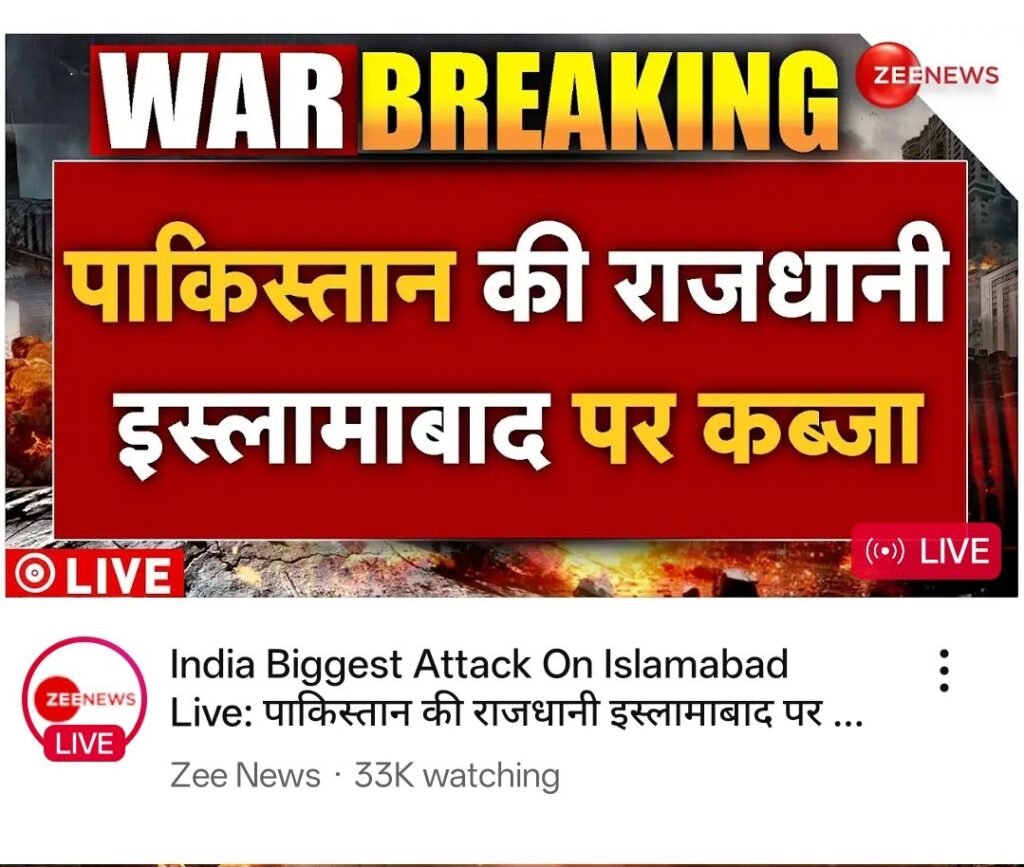
Photo: Fake content by Zee News
In a separate incident, a senior Indian journalist affiliated with TV9 posted what appeared to be a condolence message from Tehrik-i-Taliban Pakistan (TTP) regarding the alleged death of Jaish-e-Mohammed chief Masood Azhar. The press release was later exposed as fake and AI-generated, with analysts noting anomalies in the formatting and language that indicated it was not an authentic communication.
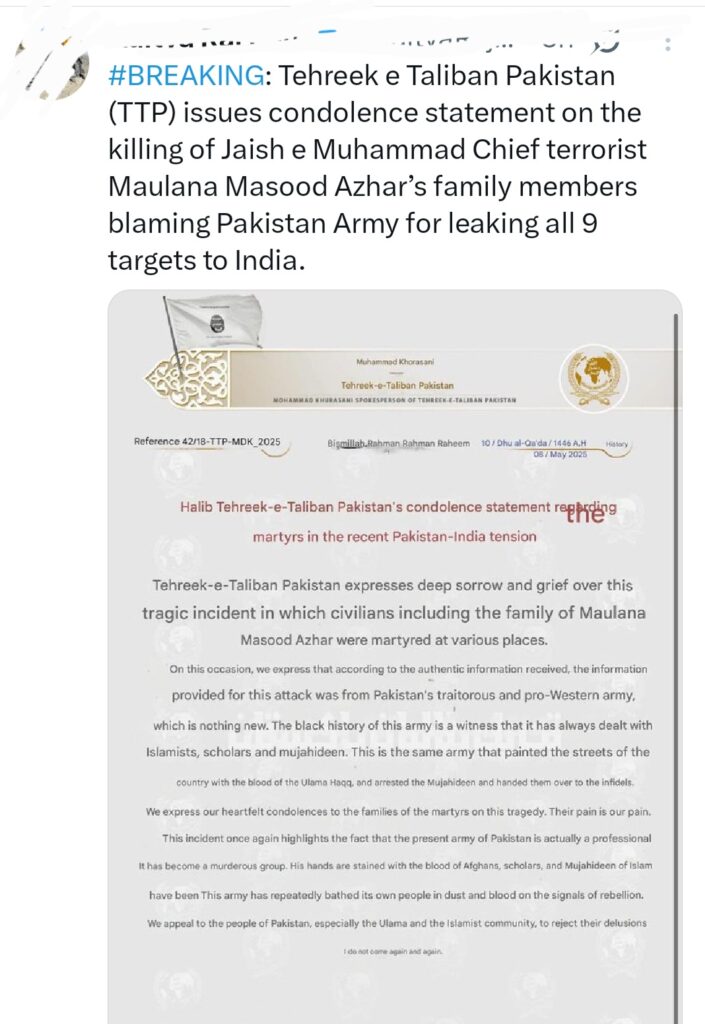
Photo: AI generated fake press release posted by an Indian senior journalist in X
Another misleading video has also come under scrutiny. A widely circulated clip shows the aftermath of a plane crash, falsely attributed to an Indian strike on Karachi. In reality, the footage is from an old incident in Philadelphia and has been manipulated with dubbed audio and unrelated visuals. Indian National Security Advisor Ajit Doval shared the video on his official X (formerly Twitter) account, claiming it showed the destruction of Karachi by Indian forces. The post quickly went viral before being debunked by fact-checkers.
Bollywood actress Kangana Ranaut also shared the same video, further amplifying its reach. Some fact-checkers have suggested the footage may even originate from a film, though its exact source remains unverified. The video reportedly began circulating in Pakistan before gaining traction among Indian users.
In another case of misinformation, a video featuring a prayer by Sheikh Abdul-Rahman Al-Sudais, the Chief Imam of the Grand Mosque (Masjid al-Haram) in Makkah, has been shared widely on social media with claims that it is a recent show of support for Pakistan. However, the audio dates back roughly 15 years during a previous visit by Sheikh Al-Sudais to Pakistan. Additionally, the visuals used in the viral clip were filmed in the city of Madinah, not Makkah, creating further confusion about the location and timing of the prayer. The video was notably shared by the Defense Intelligence X account, raising concerns about credibility and context.
These developments have sparked alarm among media watchdogs and regional analysts, who warn that the proliferation of AI-generated content and misinformation is distorting public understanding and heightening the risk of miscalculation between the two nuclear-armed nations.
Experts are calling on both India and Pakistan to exercise restraint, emphasize verified information, and invest in robust fact-checking mechanisms to curb the spread of disinformation. The situation underscores the urgent need for responsible communication and transparency in an age where false narratives can go viral within minutes, with potentially grave consequences.


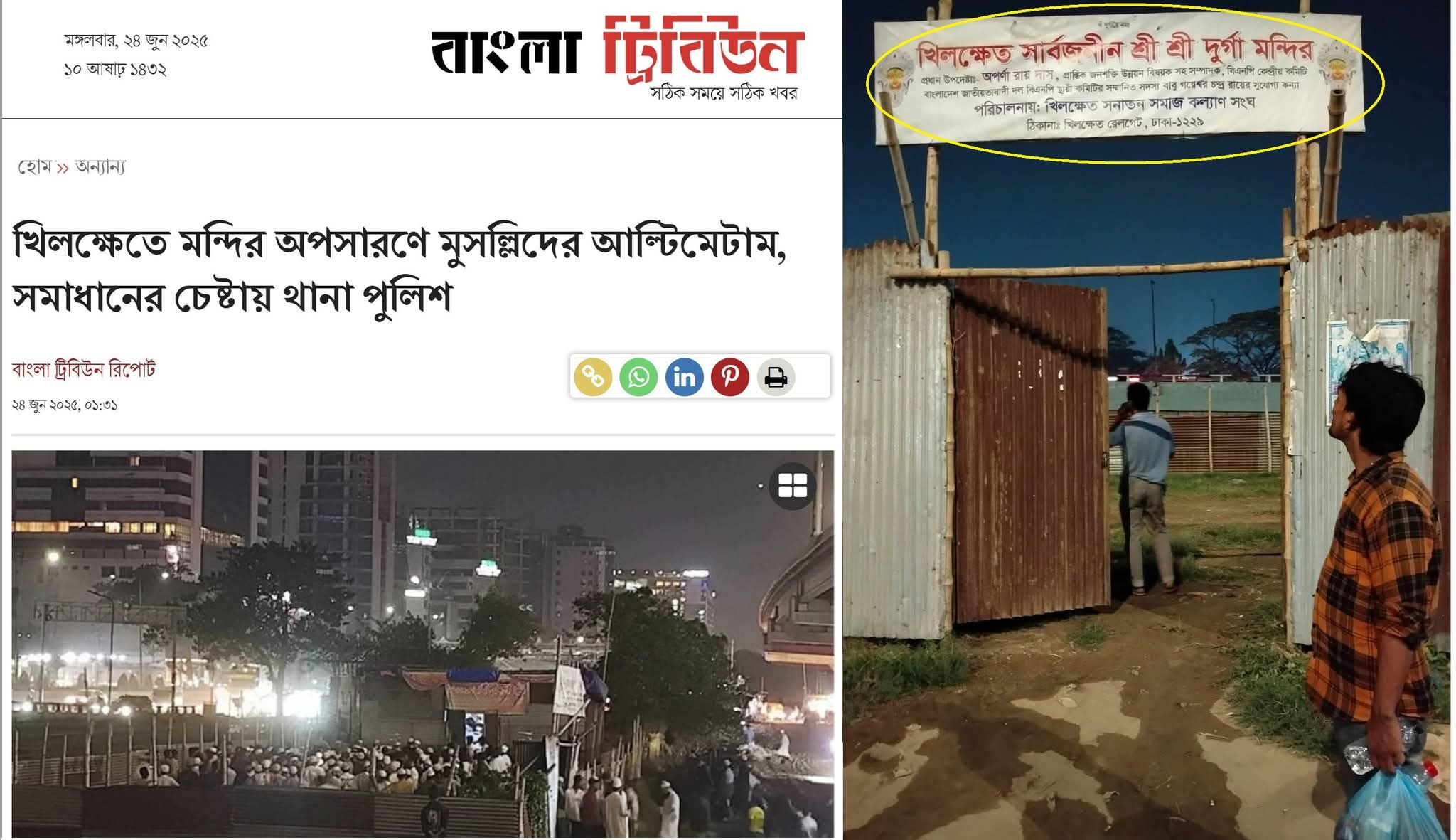
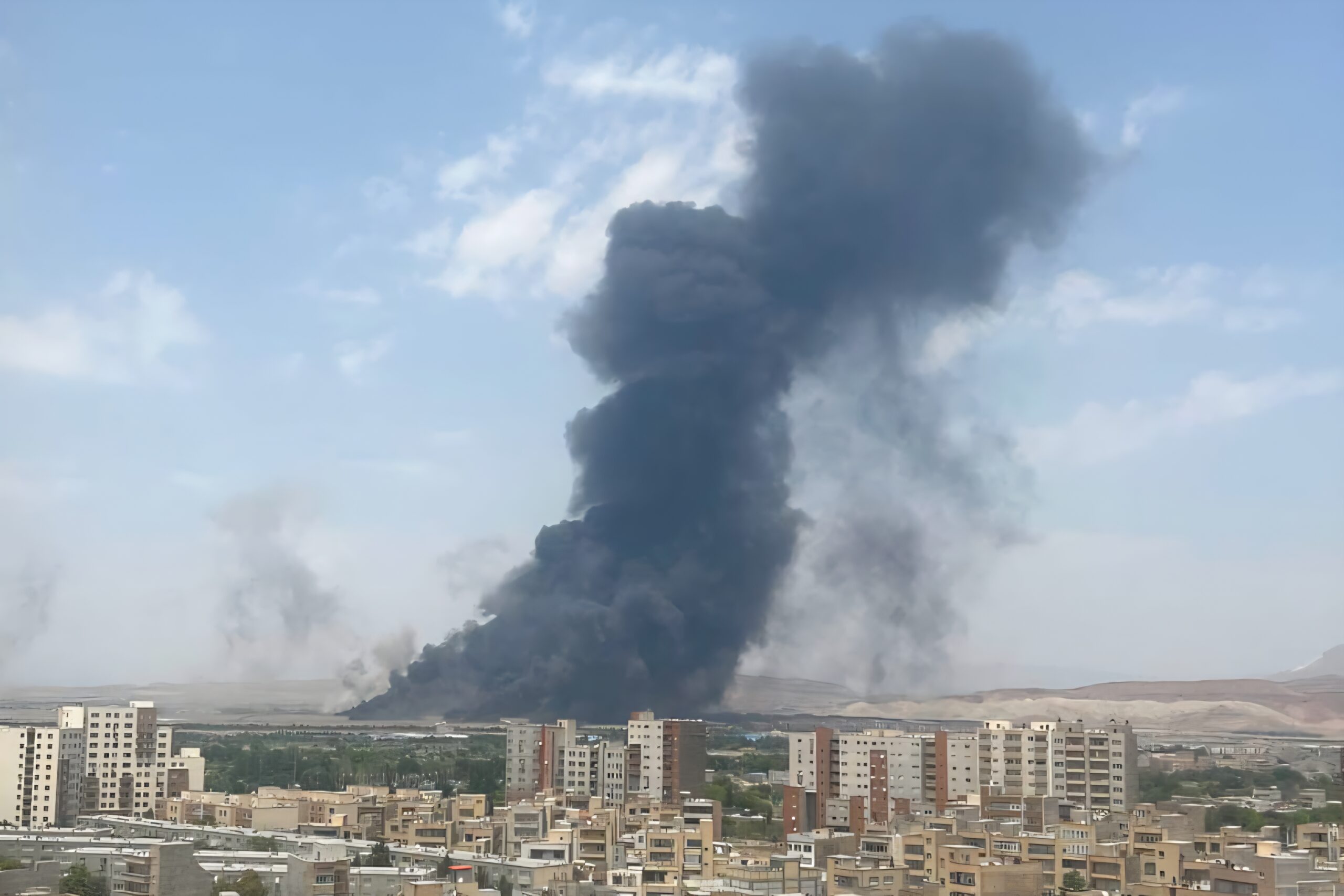
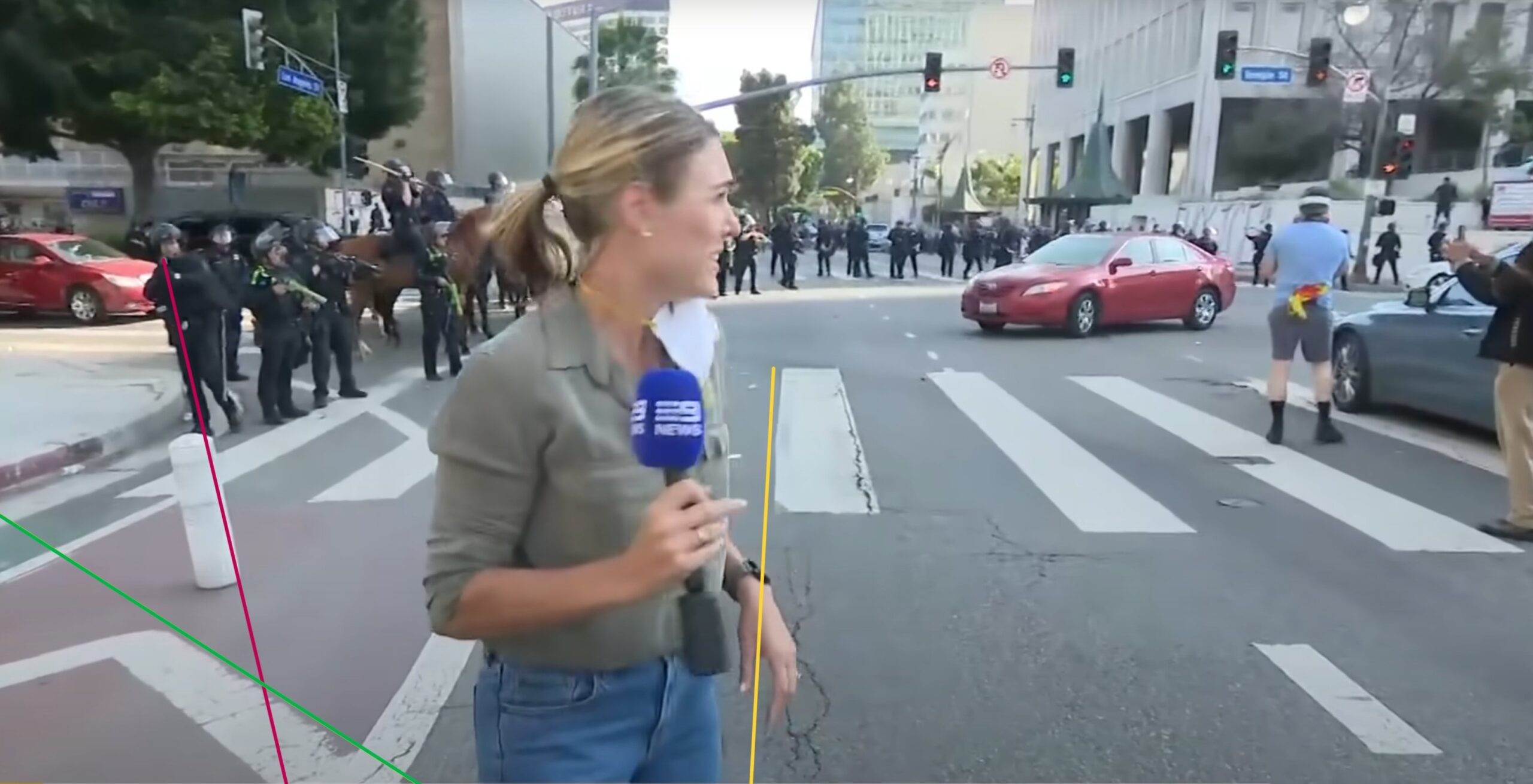
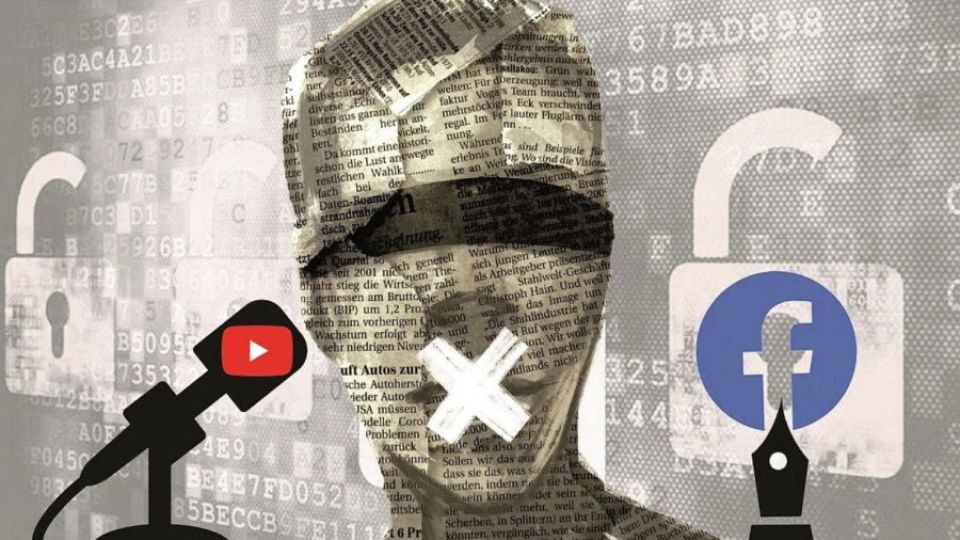
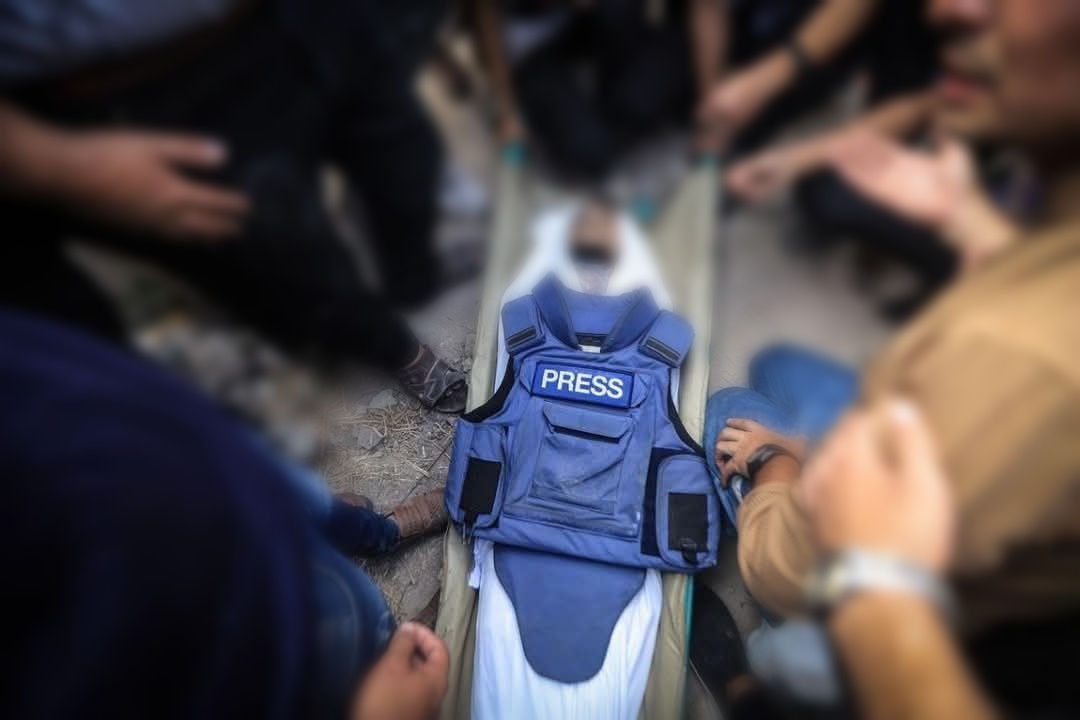
Leave a Reply